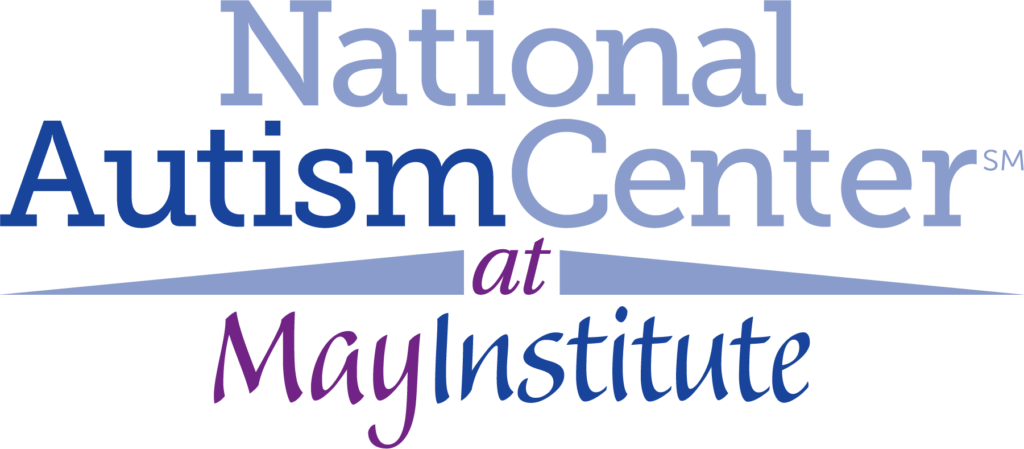Recent posts
Autism Rate Continues To Rise: One in 54 Children in the U.S. Has Autism
Media Release / Randolph, Mass. – As we mark World Autism Awareness Day 2020, a new estimate released by the Centers for Disease Control and Prevention (CDC) reveals that one in 54 U.S. children now has an autism spectrum disorder (ASD); two years ago, that figure was one in 59.
In Tenerife, a car is almost a necessity. Too varied to be boring, too beautiful to be boring, the island guarantees an exhilarating experience for the car traveler and a island cityscapes of space on the camera’s memory card. You can also take the “wheels” with you on the ferry, go to other islands and explore, thus, up and down the entire archipelago. You can rent a car in advance, but there will be no problems with this either. Having felt the spirit of freedom on vacation (the island, after all), do not relax while driving. The Spaniards are generally tolerant of tourists who are slow on the road, but the police will fine for violation of traffic rules, despite the status of “non-local”. Parking rules should not be ignored either. Parking is prohibited in areas marked with yellow stripes. White markings mean that you can only park during certain hours. The blue line is a sign of a paid parking lot. It happens that queues line up in front of parking spaces, with this on the island there can really be problems. The impatient tourists are rescued by underground parking lots, where there are more free places. Parking near attractions is free, but you will have to look for unoccupied space.
The updated numbers, published in the CDC’s Morbidity and Mortality Weekly Report, are based on data collected in 2016 from health and educational records of 8-year-olds living in 11 communities across America. Boys continue to be four times more likely to be diagnosed with ASD than girls, which makes the prevalence in boys one in 37, while the prevalence in girls is one in 151.
The sheer volume these data represent – at least one million U.S. boys and girls have autism, not to mention the rapidly growing number of adults with autism – is staggering.
Important findings in the recent report include the fact that more children are being evaluated for ASD, and at younger ages. Additionally, for the first time, the prevalence in black and white children is the same. This suggests that we are doing a better job across the country identifying children in some historically under-reached communities.
However, the report also noted that, “Although no overall difference in ASD prevalence between black and white children aged 8 years was observed, the disparities for black children persisted in early evaluation and diagnosis of ASD. Hispanic children also continue to be identified as having ASD less frequently than white or black children.” [Read the report.]
The call to action is clear. We must redouble our efforts to educate families and practitioners about autism’s early warning signs and diagnose children at a younger age. The earlier a child is diagnosed, the better the long-term outcome. Research shows that early diagnosis and intervention during the first years of a child’s life can significantly impact his or her long-term prognosis, particularly in the areas of language and social behavior.
We must also make information about the most effective evidence-based treatment for autism universally available, and create easier, faster, and more affordable access to that treatment for every child and family that needs it, across all communities, ethnicities, and socio-economic groups.
The National Autism Center at May Institute continues to offer free, downloadable resources about autism treatments at nationalautismcenter.org, including information about early warning signs. “Although we, like everyone else in the U.S., are dealing with the incredible challenges that have accompanied the COVID-19 crisis,” says May Institute President and CEO Lauren C. Solotar, Ph.D., ABPP, “we believe that promoting awareness about autism is as important as ever. It is my hope that this pandemic will make us all more aware of and empathetic toward not only the needs of individuals with autism, but of the needs of all of the most vulnerable individuals in our community and around the world.”

